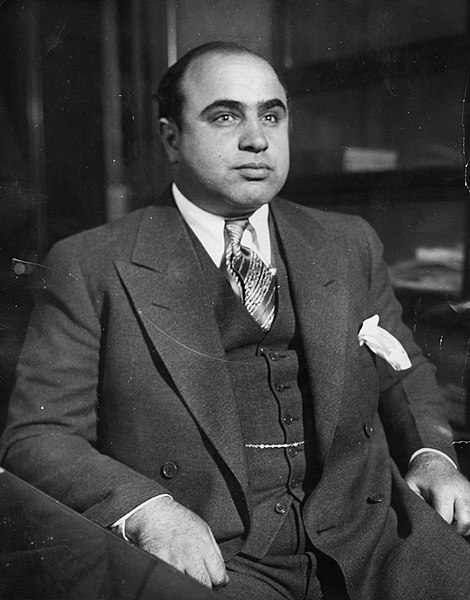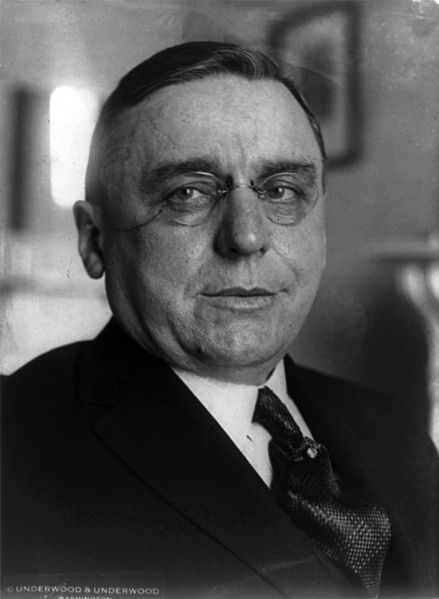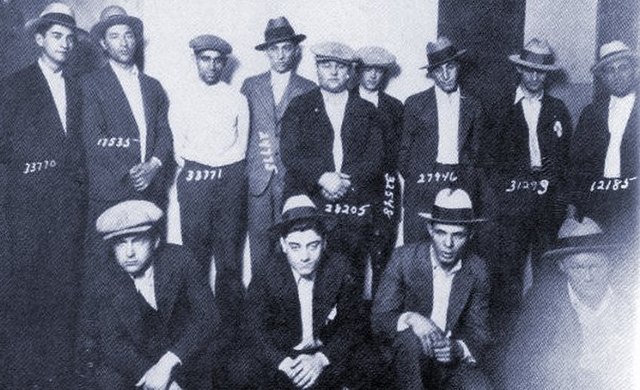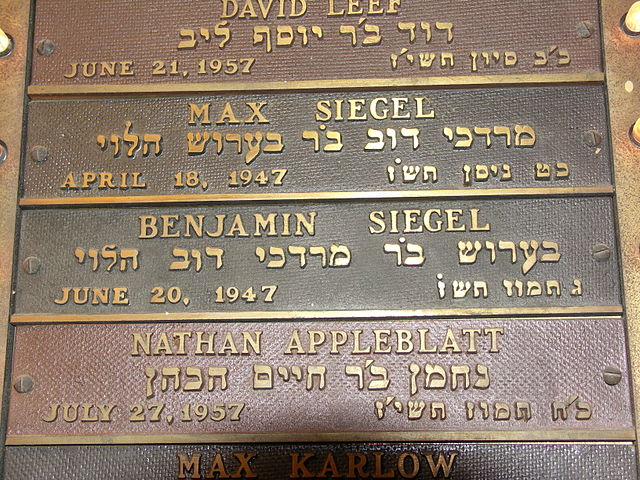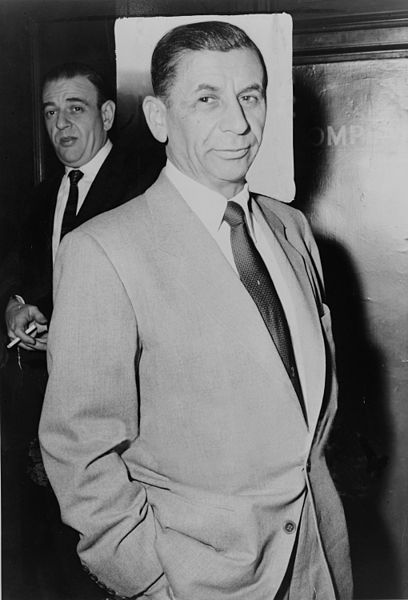Roger Touhy was an Irish American mob boss and prohibition-era bootlegger from Chicago, Illinois, in the United States. He is best remembered for having been framed by his rivals in Chicago organized crime for the fake 1933 kidnapping of Jewish-American organized crime figure and Chicago Outfit associate John "Jake the Barber" Factor, a brother of cosmetics manufacturer Max Factor Sr.. Despite numerous appeals and at least one Federal court ruling freeing him, Touhy spent 26 years in prison until he was finally exonerated and released in November 1959. In retaliation for filing a lawsuit against acting boss Tony Accardo and other senior Mafiosi, Touhy was murdered in an alleged contract killing by the Chicago Outfit less than a month after his release.
1942 FBI mugshot of Touhy
Al Capone in 1930
Anton Cermak
Family plot at Mount Carmel Cemetery
Jewish-American organized crime
Jewish-American organized crime initially emerged within the American Jewish community during the late 19th and early 20th centuries. In media and popular culture, it has variously been referred to as the Jewish Mob, the Jewish Mafia, the Kosher Mob, the Kosher Mafia, the Yiddish Connection, and Kosher Nostra or Undzer Shtik. The last two of these terms are direct references to the Italian cosa nostra; the former is a play on the word for kosher, referring to Jewish dietary laws, while the latter is a calque of the Italian phrase 'cosa nostra' into Yiddish, which was at the time the predominant language of the Jewish diaspora in the United States.
Some Kosher Mafia members numbered in police reports
The Siegel family's memorial plaque in the Bialystoker Synagogue.
Meyer Lansky in 1958


